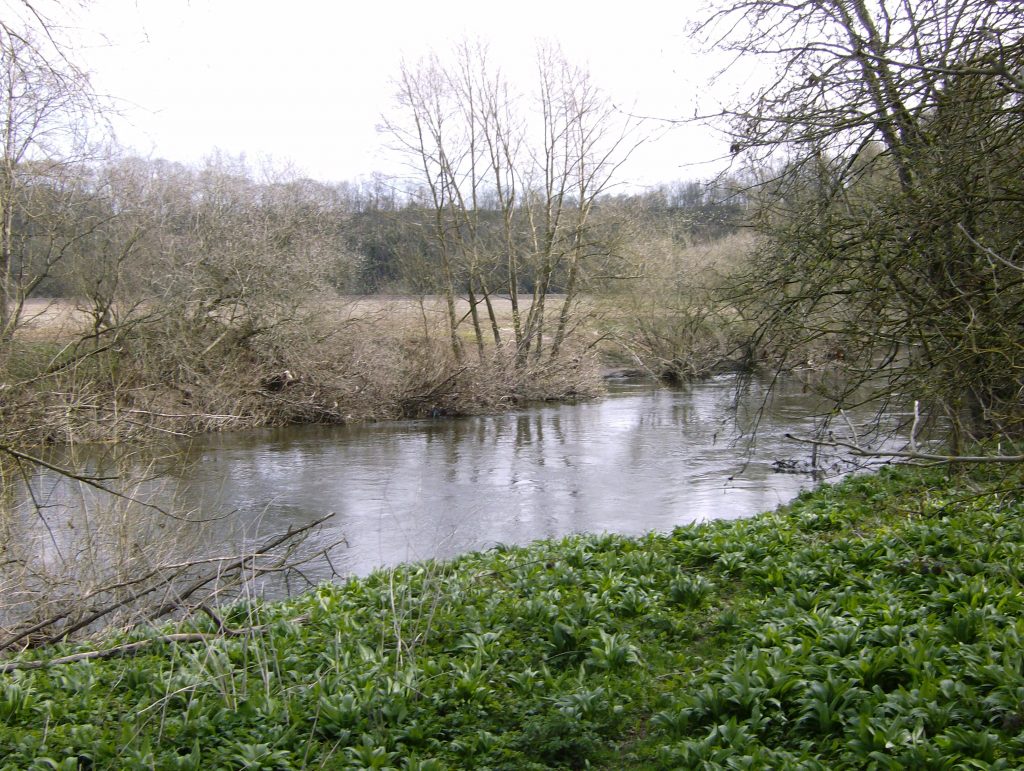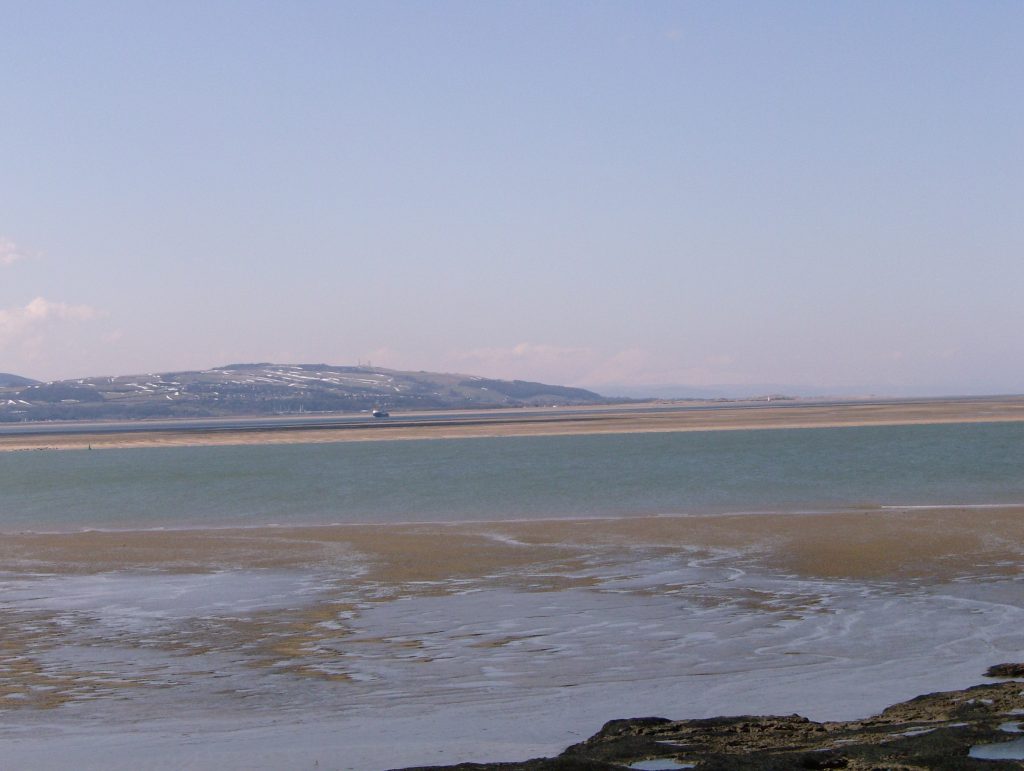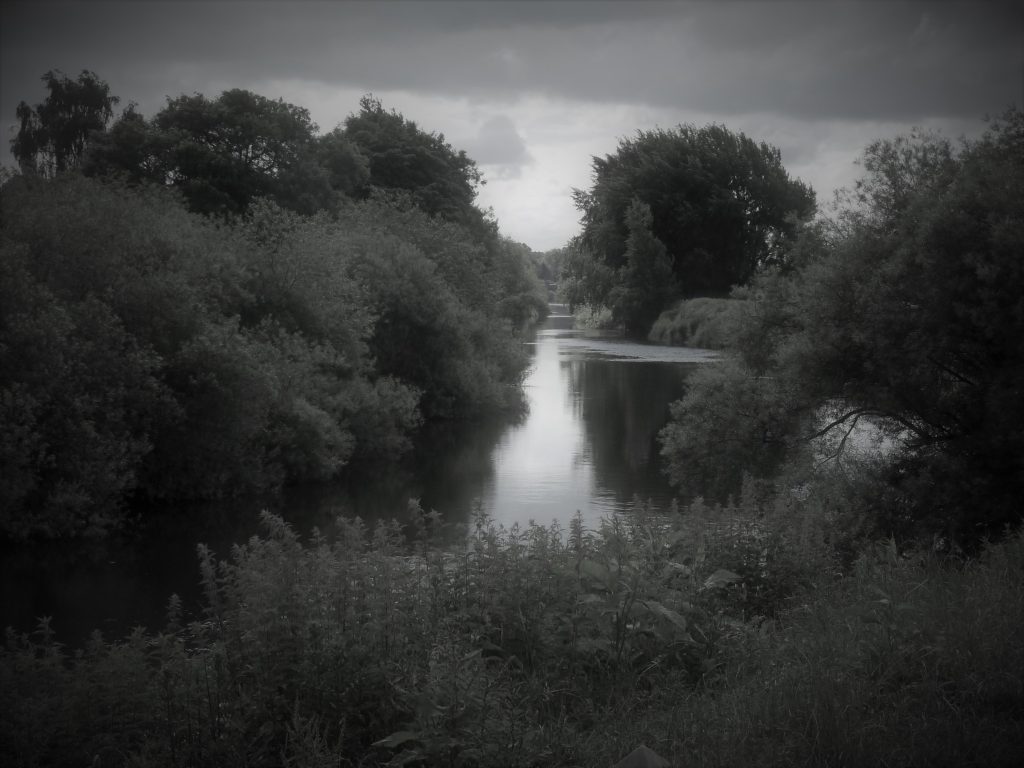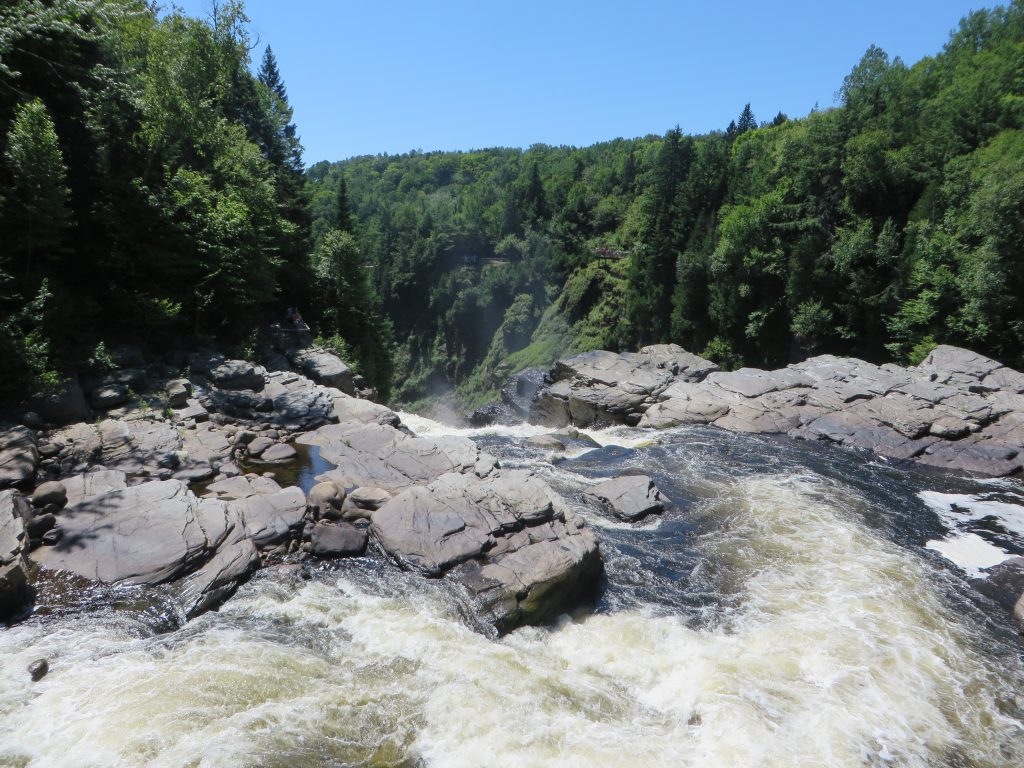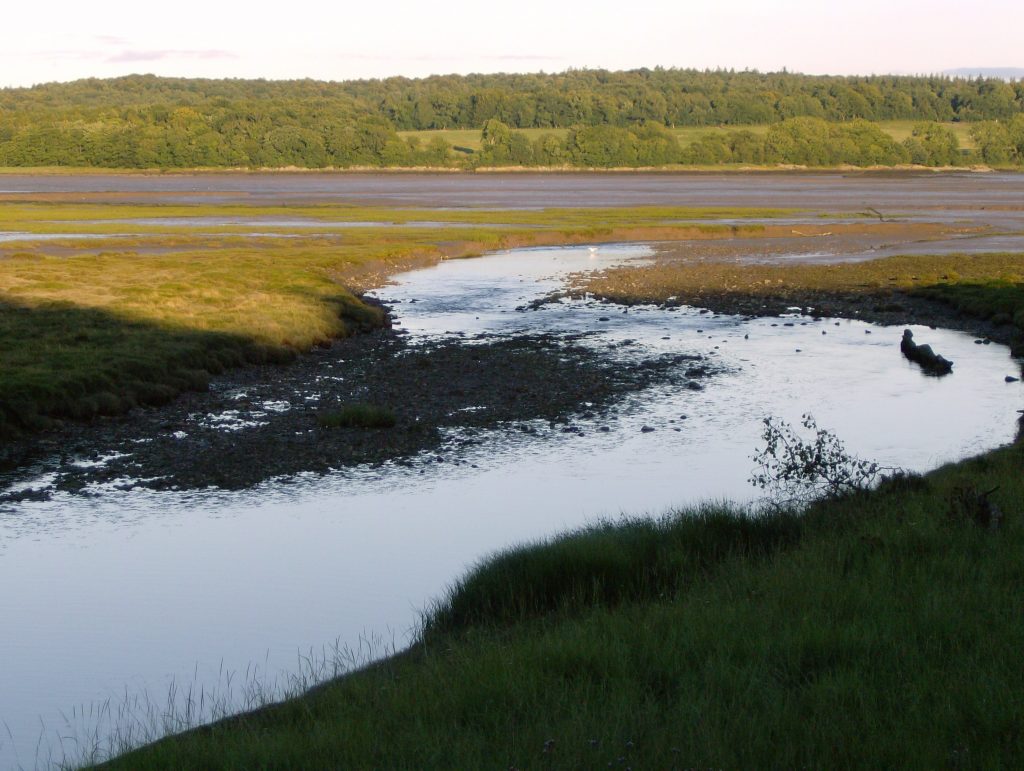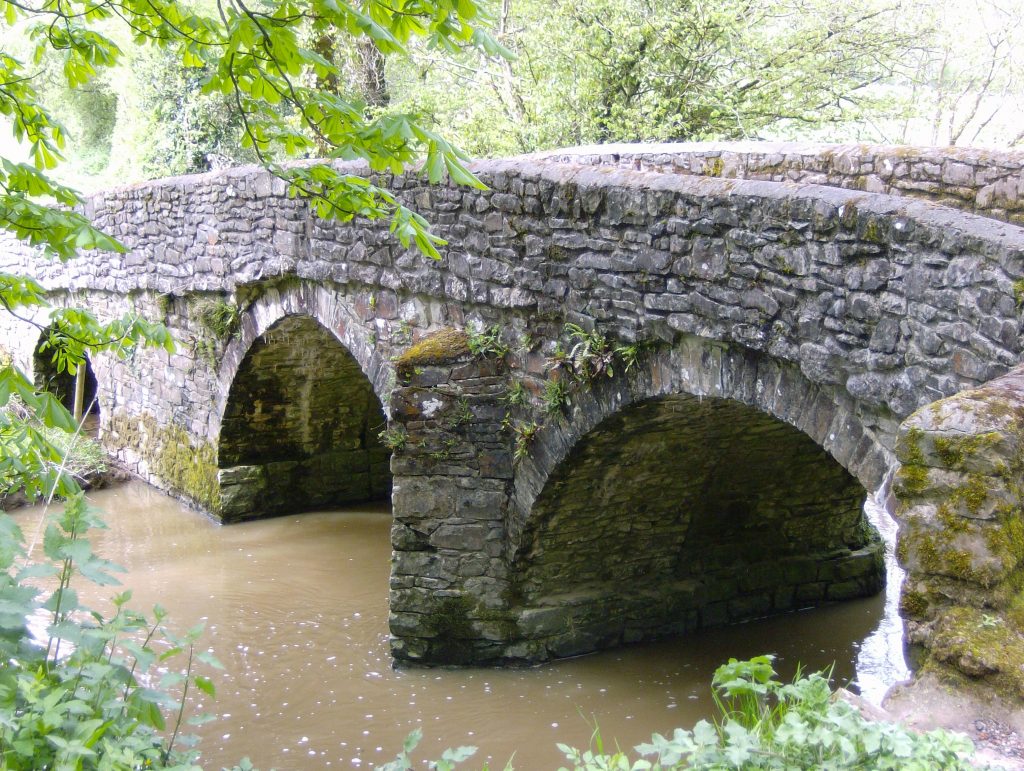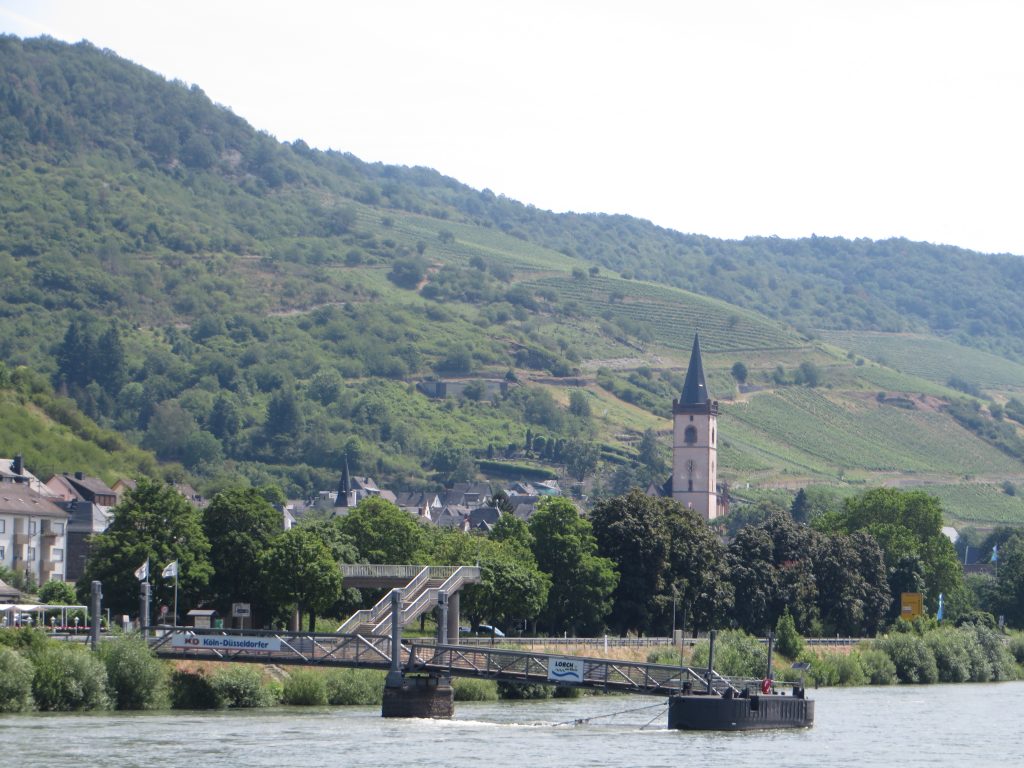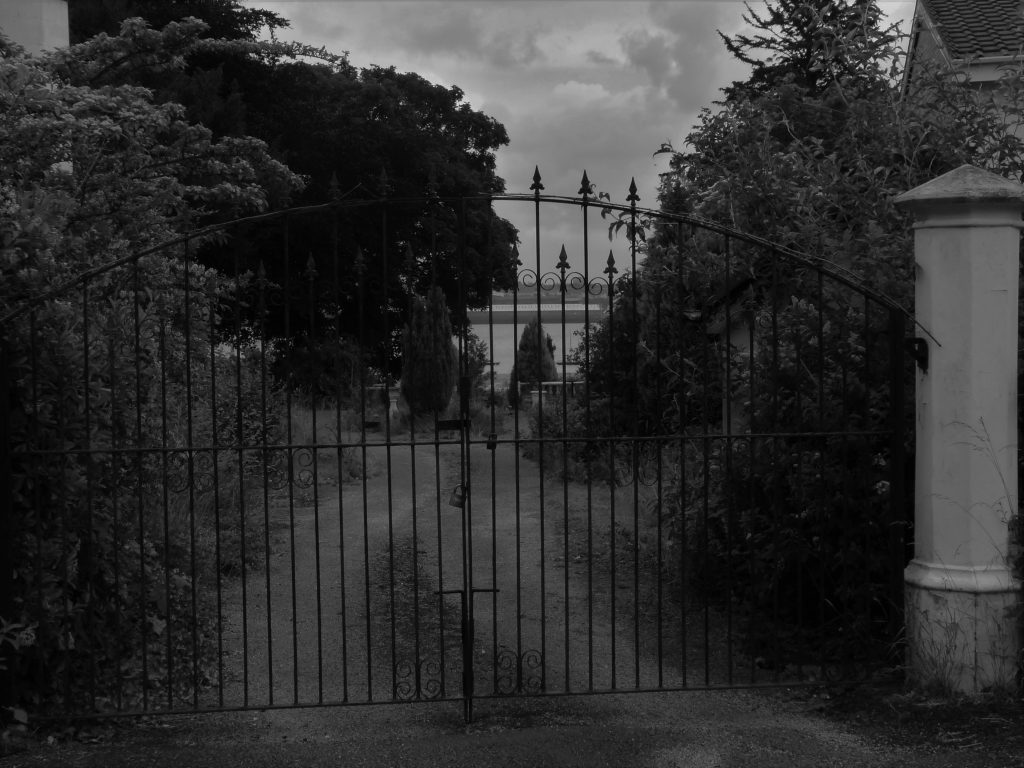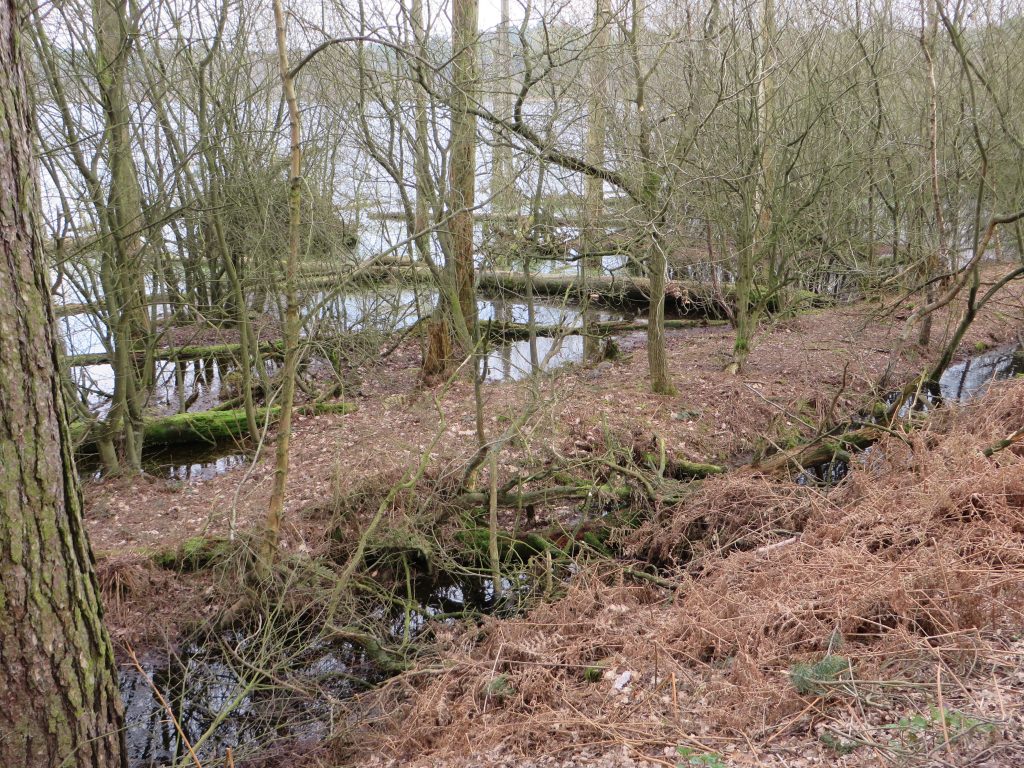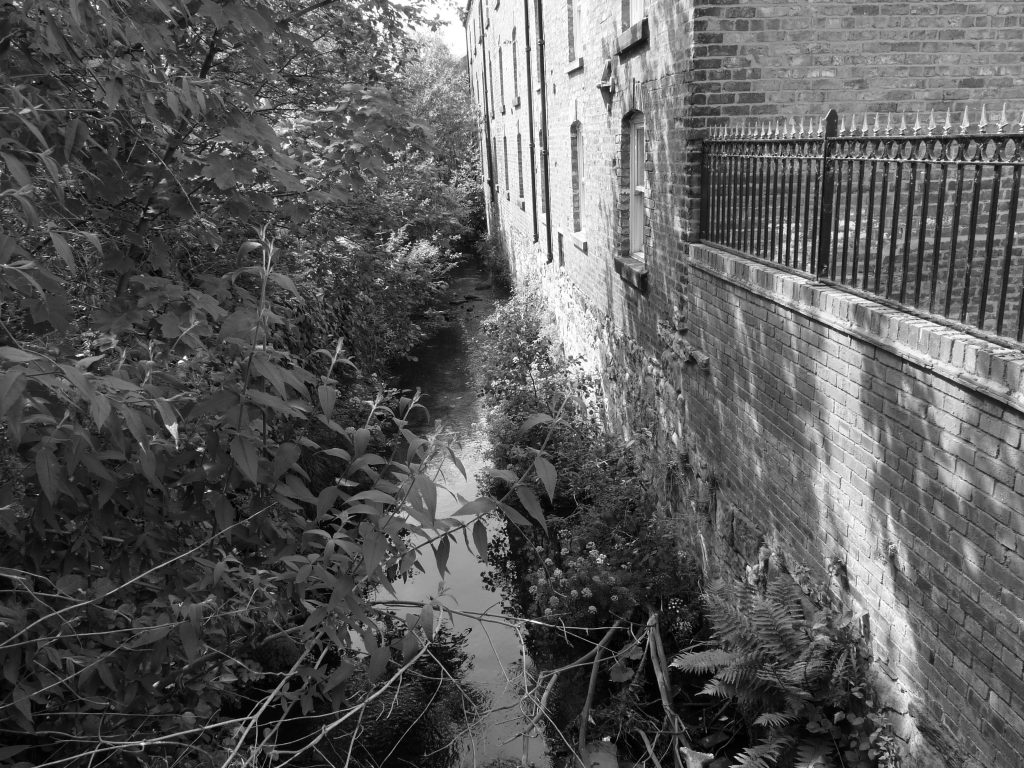Have you also learned that secret from the river; that there is no such thing as time? That the river is everywhere at the same time, at the source and at the mouth, at the waterfall, at the ferry, at the current, in the ocean and in the mountains, everywhere and that the present only exists for it, not the shadow of the past nor the shadow of the future.
Hermann Hesse – Siddhartha
This is the final post of this series. All things must come to an end. Followers of this blog may recall that, when I started my The Flow of Time project, the idea was to post a picture each week from exactly the same spot on a bend in the river near to the place where I do my voluntary work. I hoped to show the river’s cycle of changes through all the seasons of the year; a total of 52 linked posts. The onset of the lockdown put an end to that particular iteration and the project became something else. I have enjoyed creating these daily posts, but I think they have now run their course. But I’m so grateful to the many people who have given me such kind and encouraging feedback over the last few weeks.
This blog will continue, but with other and more varied posts. We are still under lockdown in Wales so I plan to use my time at home to edit and complete my novel, Swimming Against the Stream, excerpts from which I have shared on this blog: Julie Baptiste is alive and well and about to move into her second draft!
So this final post is not just about endings, but also concerns new beginnings. On Tuesday my daughter gave birth to her own second daughter and mother and baby are now safely back at home. A new life: our beautiful lockdown child.
Picture of the River Dee near Overton ©Bobby Seal

